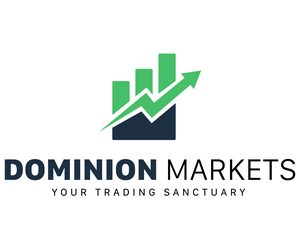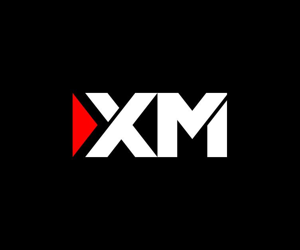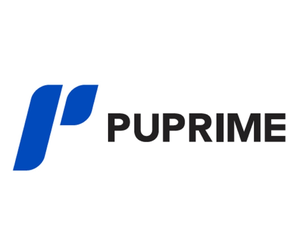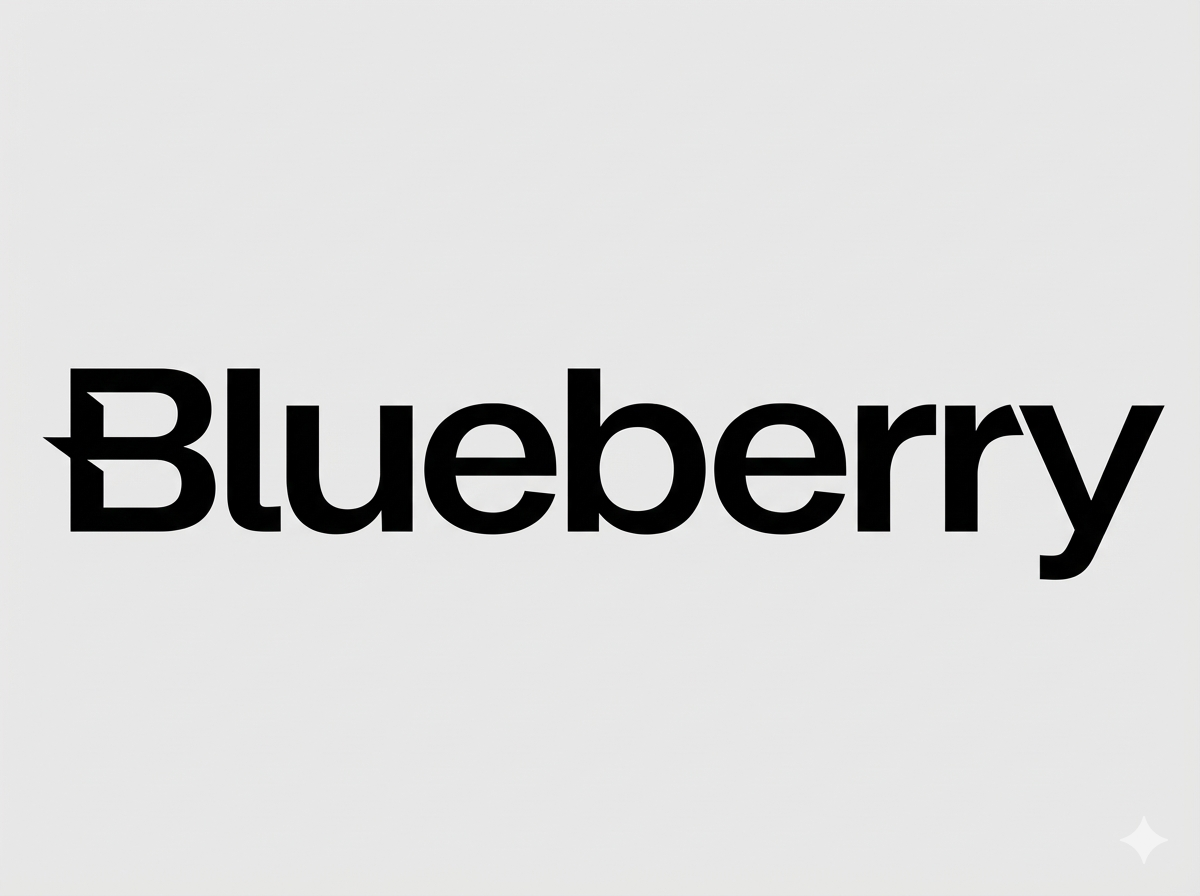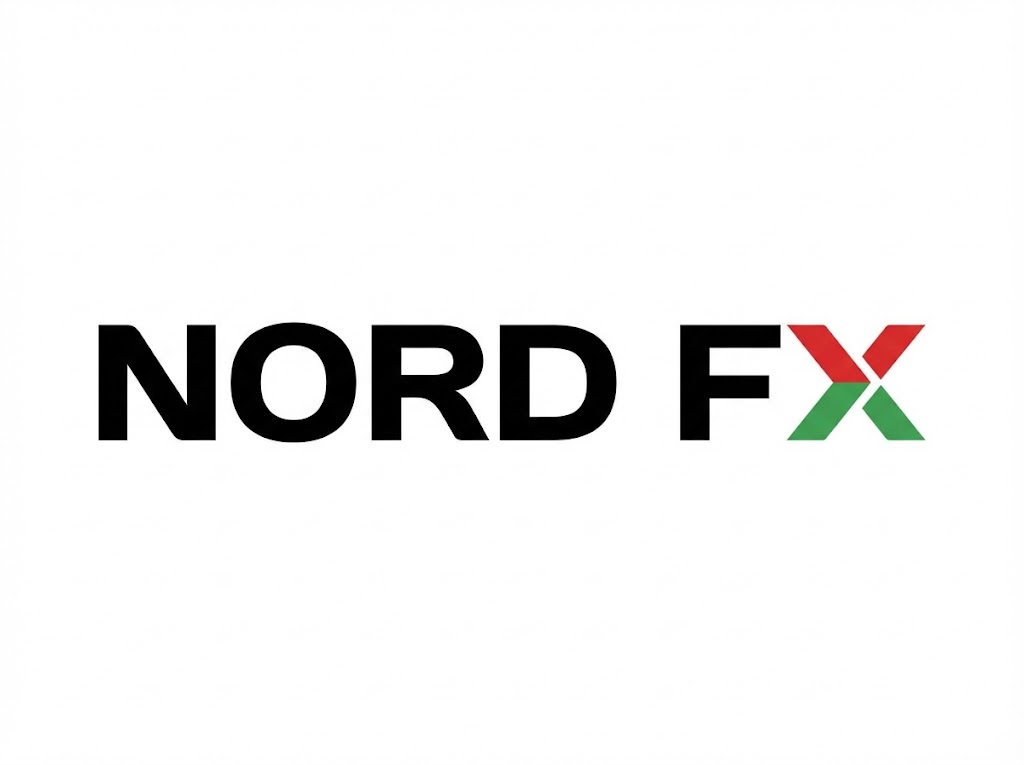Dominion Markets review: FSC Mauritius oversight adds segregated funds and audits, while tight ECN spreads cut costs—see how risk control helps and why the broker stays Bronze.
The online forex and CFD trading world is crowded with names promising tight spreads, lightning execution, and generous leverage. Among them, Dominion Markets has carved a niche by appealing to traders who want wide market access without the high barriers that some Tier-1 brokers impose.
For years, Dominion’s appeal rested on flexibility: leverage up to 1:500, crypto deposits, and multiple account types including ECN and Islamic accounts. But this flexibility came with a catch—its regulatory status leaned heavily on offshore registrations in Comoros or Saint Vincent & the Grenadines. To cautious investors, that raised alarms.
Now, Dominion has made a notable move: securing a license from the Financial Services Commission (FSC) of Mauritius. For the first time, it sits under the oversight of a recognized mid-tier regulator.
That development matters. It signals an attempt to professionalize and win trust. Still, regulation is only as good as how it’s applied—and traders continue to report both positive experiences and serious complaints.
Based on our TraderVerified methodology, which assigns ratings from Gold, Silver, Bronze, to Red Flag, Dominion Markets sits at Bronze. The new FSC license is a step forward, but one that must be backed by consistent conduct before the rating can rise.
Regulation & Safety
Corporate Structure and Registrations
Dominion Markets currently operates under several legal registrations:
- Financial Services Commission (FSC), Mauritius – Licensed as an Investment Dealer under license number GB24203525. This license was granted recently and represents the broker’s strongest regulatory anchor.
- Comoros Union (Mohéli) – Dominion Markets LLC, registered under company number HY00723020, license T2023340. This remains an active offshore entity.
- SVG FSA (Saint Vincent & the Grenadines) – Earlier references exist, but the SVG regulator does not directly oversee forex dealing, meaning protection is limited.
- Operational Offices – Dominion cites a management office in Dubai, UAE, but this is not tied to regulatory licensing.
Understanding Regulator Tiers
To simplify, we classify regulators into three tiers:
- Tier-1: Highly trusted global regulators (FCA UK, ASIC Australia, CFTC/NFA US). Strict on leverage, reporting, audits, and compensation schemes.
- Tier-2: Mid-tier regulators such as FSC Mauritius or CySEC Cyprus. They enforce real licensing standards, but with less global reach and slightly lighter enforcement than Tier-1.
- Tier-3: Offshore or lightly supervised jurisdictions (Comoros, SVG). Oversight is minimal; investor protections are weak.
Dominion’s new Mauritius license shifts it into Tier-2 territory. This makes a meaningful difference compared with brokers relying only on Tier-3 oversight.
Why the FSC License Matters
For retail traders, regulation directly impacts safety:
- Segregated Client Accounts – FSC-licensed brokers must keep client money separate from company funds, reducing the risk that deposits are used for operating expenses.
- Capital Requirements – The FSC requires licensed brokers to maintain adequate capitalization, helping to ensure they can meet obligations.
- Reporting & Audits – Ongoing reporting obligations increase transparency, though not as extensive as Tier-1.
- Dispute Resolution – Traders can escalate complaints to the FSC, offering a channel that did not exist under purely offshore registration.
These are significant improvements. For the first time, Dominion’s clients gain recourse if things go wrong.
Limitations of FSC Oversight
While stronger than offshore regimes, Mauritius regulation has limits:
- Leverage – Unlike Tier-1 regulators, the FSC allows leverage up to 1:500, which is both attractive and dangerous.
- Investor Compensation – Mauritius does not operate a compensation scheme comparable to the FCA’s £85,000 FSCS cover.
- Enforcement Power – The FSC has taken action against firms in the past, but its global reputation remains less formidable than top-tier peers.
Practical Takeaway
The new FSC license is a step in the right direction, but it is not a silver bullet. It signals Dominion wants to be seen as more legitimate. Whether that translates into safer trader experiences will depend on consistent compliance, fair handling of withdrawals, and transparency going forward.
Trader Reputation & Market Presence
Regulation is only part of the picture. A broker’s reputation with actual traders often reveals how those rules play out in practice. Dominion Markets’ footprint is mixed: strong praise for trading conditions, but persistent complaints about fund access.
Positive Experiences
- Competitive Spreads – ECN accounts, in particular, deliver tight spreads that active traders value. Costs are lower than many peers in the Bronze category.
- Execution Quality – Multiple reviews highlight fast fills during volatile sessions, reducing slippage.
- Customer Service – Some users report helpful account managers, quick onboarding, and smooth deposits.
These strengths explain why Dominion attracts traders who prioritize cost and speed.
Negative Experiences
- Withdrawal Problems – The most common complaint. Traders report delayed payouts, frozen accounts, or denied withdrawals when profits rise. Some cite accusations of “arbitrage” or misuse of automated strategies as reasons provided by the broker.
- Transparency Gaps – Terms around crypto deposits, slippage, and the use of Expert Advisors are not always clearly disclosed.
- Mixed Communication – While onboarding is praised, customer support during disputes is often described as slow or unhelpful.
Independent Watchdog Data
- ForexPeaceArmy – Hosts numerous negative reviews, many centered on withdrawal issues.
- Trustpilot – A polarized picture: both glowing five-star reviews and frustrated one-star warnings.
- WikiFX – Lists the FSC license but continues to flag medium risk due to user complaints.
Market Footprint
Dominion is visible across Asia, Africa, and the Middle East. Its marketing resonates with traders seeking high leverage and crypto deposit options. However, compared with Tier-1 brokers, its global recognition remains modest.
Strengths & Weaknesses
Strengths
- New FSC Mauritius License – Adds credibility and moves the broker into Tier-2 regulation.
- Segregated Accounts & Capital Rules – Mandated by FSC, providing stronger client safeguards.
- Tight Spreads – Particularly competitive for ECN account holders.
- High Leverage Options – Up to 1:500 available, appealing to aggressive traders.
- Broad Market Access – Forex, indices, commodities, equities, and cryptocurrencies.
- Platform Familiarity – Access to MT5 and cTrader, industry-standard platforms.
Weaknesses
- Withdrawal Complaints – Ongoing reports of delays or denials undermine confidence.
- Transparency Issues – Unclear terms around fees, EAs, and crypto funding.
- Not Tier-1 – Mauritius FSC is mid-tier; protections are weaker than FCA or ASIC.
- Leverage Risk – High leverage can wipe accounts quickly, especially for beginners.
- Reputation Lag – Even with FSC oversight, trust must be rebuilt through consistent conduct.
Overall Verdict
Dominion Markets earns a Bronze rating under TraderVerified methodology.
The new FSC Mauritius license is a meaningful upgrade, moving the broker out of the purely offshore space. This step improves client protections, introduces regulatory accountability, and could pave the way for a stronger rating if supported by better performance.
Best Suited For
- Experienced traders who value tight spreads and are disciplined with leverage.
- Emerging market traders who may lack access to Tier-1 brokers and see FSC regulation as a workable middle ground.
- Cost-sensitive clients seeking low trading fees across multiple asset classes.
Who Should Be Cautious
- Beginners, who may struggle with the risks of 1:500 leverage.
- Safety-first investors, who may prefer brokers under FCA, ASIC, or CFTC.
- Traders with large balances, who should carefully test withdrawals before committing significant capital.
Expert Review Notes (Staff Insight)
- The Mauritius license signals an effort to professionalize, but licenses are only as strong as enforcement and compliance. Traders should watch how Dominion behaves under FSC rules in practice.
- Withdrawal issues remain the single largest concern. If FSC oversight improves accountability here, Dominion could credibly move toward Silver in future reviews.
- High leverage is attractive marketing but increases the probability of rapid account losses. Dominion’s risk disclosures should be clearer for retail traders.
- Compared with peers in the Bronze band, Dominion stands out for pricing and platform speed, but lags in trust and transparency.
- The next year will be telling: if the FSC license ushers in visible improvements, Dominion’s reputation could shift significantly.
Final Word: Dominion Markets has entered a new chapter. With its FSC Mauritius license, it is no longer just an offshore broker—it has accepted mid-tier oversight and obligations. That is good news for traders, but the benefits will depend on consistent, transparent conduct. For now, it remains Bronze-rated: attractive on cost and access, but with unresolved questions on reliability.

